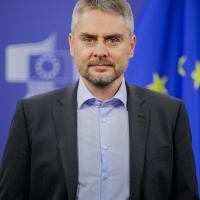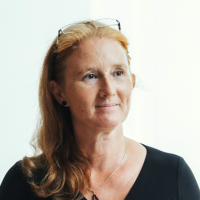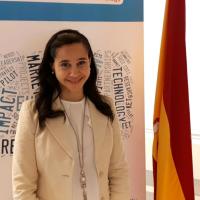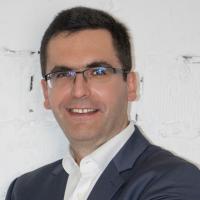An invitation-only Science|Business roundtable (14:00 – 17:00 CEST), in partnership with Elsevier
It is a well-known truism that the state of research and innovation (R&I) supply chains varies widely across Europe. Even within countries spending the most on R&I relative to GDP, resources tend to flow into specific regions, cities or clusters, thereby concentrating the value created from R&I activities. This dynamic is perhaps even more notable in central and eastern Europe (CEE), where research communities face tangible obstacles to valorising scientific outputs – including low levels of administrative support, fragmented research systems, and the lack of incentives to overcome these barriers. But look carefully, and similar hurdles and imbalances can be observed from France to Finland as well, resulting – by one important measure – in far fewer applications for EU grants, let alone success in securing research funds.
Given that economic competitiveness and security are set to dominate the EU policy agenda for the next five years, there is a renewed sense of urgency to tackle and remove these blockages. On one level, the European Commission is considering options to persuade member states to invest more in domestic R&I value chains, be that through the European Semester instrument, criteria for accessing structural funds or the announced ERA Act. On another, it has recently launched an EU Preparatory Action titled “Innovation for place-based transformation”, which aims to empower regional and local authorities to develop bold strategies, experiment with novel policy approaches and build new capabilities.
There are nonetheless plenty of reasons for optimism, given the building blocks already in place in many such territories – from multinational companies and high-quality scientific training, to growing numbers of advanced infrastructures, spin-offs, start-ups and platforms. Against this backdrop, how might the EU institutions help to catalyse the reforms necessary to unlock R&I potential in lower-performing regions and municipalities? How can policy makers better fuse research, talent and funding pipelines to achieve the greatest impact, and ultimately strengthen Europe’s competitiveness in key sectors and markets? And what roles can other stakeholders play in transforming research outcomes into real-world impact?
On May 20, Science|Business will convene a select group of senior figures and experts from across the R&I spectrum to explore the potential ways forward. Drawing on latest data and leading practices, discussions will focus on the evidence-based case for smarter local R&I policies and more sustainable cooperation models within and across borders – not just for the benefit of the territories that succeed, but also as a boost for the EU as a whole towards meeting some of its longer-term strategic goals.





































 A unique international forum for public research organisations and companies to connect their external engagement with strategic interests around their R&D system.
A unique international forum for public research organisations and companies to connect their external engagement with strategic interests around their R&D system.